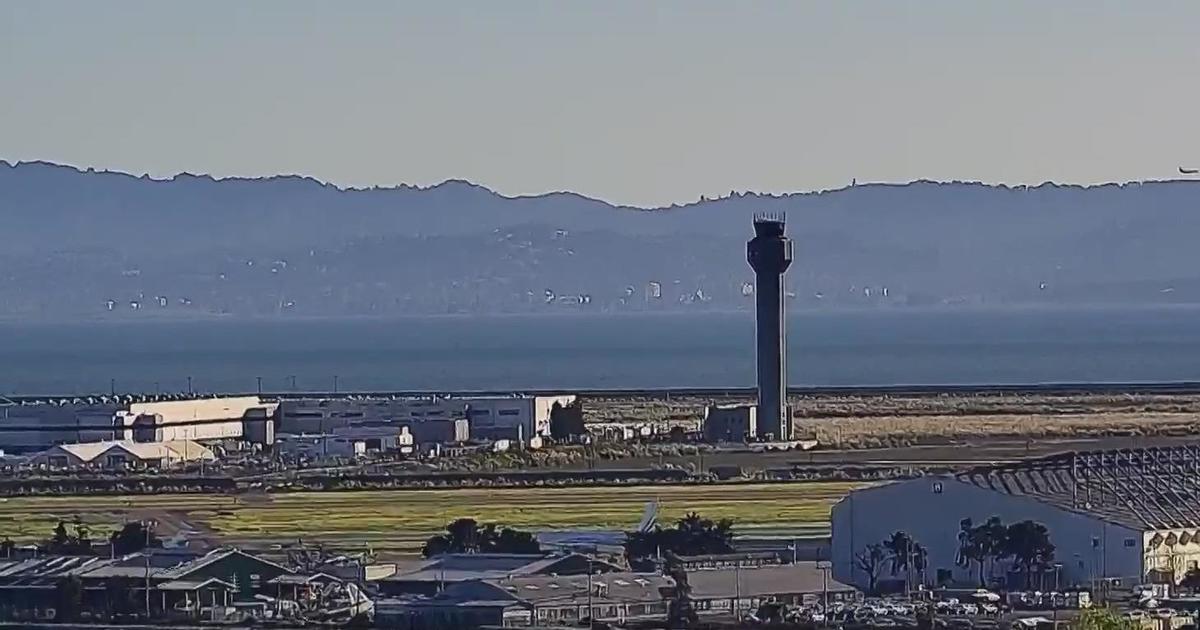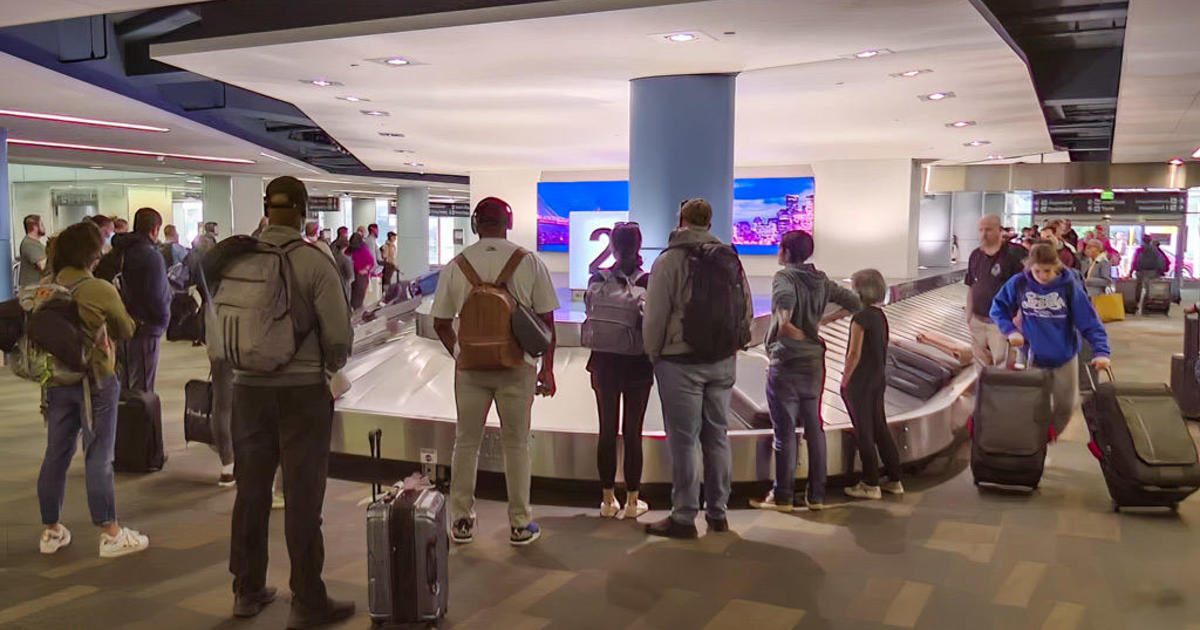Bay Area Lawmakers Ask Feds To End Pot Club Crackdown
SAN FRANCISCO (CBS SF) -- Two Bay Area state legislators called on federal prosecutors Wednesday to "cease your senseless assault" on medical marijuana dispensaries, but at the same time said they want to talk to U.S. officials to clarify the goals of the crackdown.
State Sen. Mark Leno, D-San Francisco, Marin and Sonoma, and Assemblyman Tom Ammiano, D-San Francisco, spoke at a news conference at the State Building in San Francisco.
"I urge the federal government to stand down in its massive attack on medical marijuana dispensaries," Leno said.
"California voters intended that patients should have safe and affordable access to medical marijuana," he said.
The two legislators said they are considering proposing state laws to regulate genuine dispensaries and prevent abuses of the California's medical marijuana law.
But they said new state laws would be worthwhile only if lawmakers can gain clarification from the U.S. Department of Justice that state regulations would affect the current federal law enforcement effort.
"To be successful legislatively, we would need some indication from the federal government that (the state legislation) would impact" the U.S. initiative, Ammiano said.
The legislators said they hoped to talk to U.S. Justice Department officials within a week or so.
"Call the dogs off and let's sit down," Leno said.
The news conference was in response to an Oct. 7 announcement by the four regional U.S. attorneys in California that they will boost criminal and civil enforcement efforts to shut down large-scale commercial marijuana enterprises.
California's Compassionate Use Act, approved by voters as Proposition 215 in 1996, allows seriously ill patients to use marijuana with a doctor's permission. But federal laws criminalizing the drug make no exception for state medical marijuana laws.
The four chief prosecutors, including U.S. Attorney Melinda Haag of Northern California, said they don't plan to target individual patients, but said they won't allow large, for-profit enterprises to operate in the guise of providing medical marijuana.
Ammiano and Leno said the crackdown is confusing in light of previous statements by the Obama Administration Justice Department that going after individuals who comply with state medical marijuana laws should not be a prosecution priority.
But U.S. Justice Department spokeswoman Laura Sweeney said officials have made it clear "that we're not focused on individual patients with serious illnesses like cancer or their immediate caregivers."
She cited the department's Oct. 7 statement saying, "The statewide enforcement effort is aimed at curtailing the large, for-profit marijuana industry that has developed since the passage of California's Proposition 215 in 1996.
"That industry has swelled to include numerous drug-trafficking enterprises that operate commercial grow operations, intricate distribution systems and hundreds of marijuana stores across the state," the agency said.
Ammiano conceded at the news conference that the state government doesn't have the power to block the federal effort.
"In the end, they'll probably do whatever they want," he said.
In the announcement earlier this month, Haag said her office will begin enforcement in Northern California by targeting dispensaries near schools and parks where children are present.
One such store is the Divinity Tree Patients Wellness Cooperative, operated by Charley Pappas at 958 Geary St. at the edge of the Tenderloin District of San Francisco, two blocks away from a small public playground used by children.
Pappas said his landlord, who has been in favor of the dispensary, received a letter from Haag Sept. 28 threatening the landlord with forfeiture of his property and criminal prosecution carrying a potential sentence of 40 years in prison if the store is not removed within 45 days.
"We're very fearful," Pappas said at the news conference. "The efforts of the past seven years will be all for nothing."
Pappas said the co-op, incorporated under state law in March 2005, has nearly 3,000 patients as its members, many of whom are low-income citizens. The marijuana is grown by co-op members and "we've always tried to do everything the state told us to do," Pappas said.
(Copyright 2011 by CBS San Francisco. All Rights Reserved. This material may not be published, broadcast, rewritten, or redistributed.)



